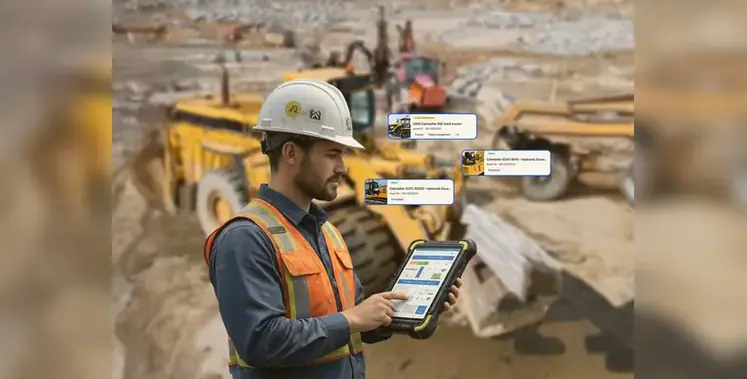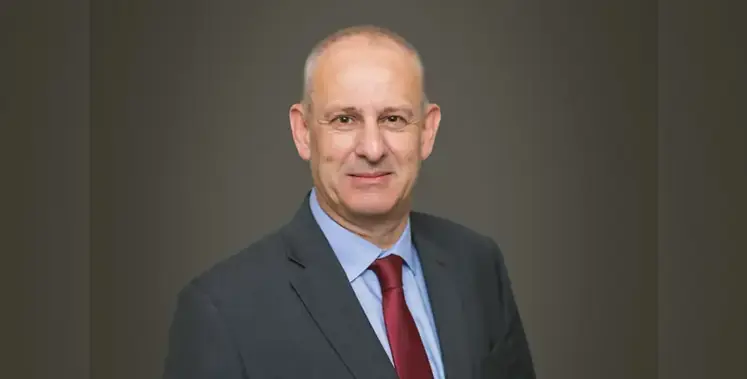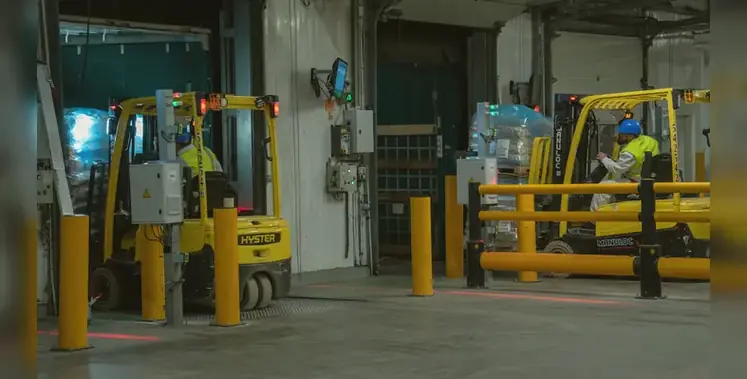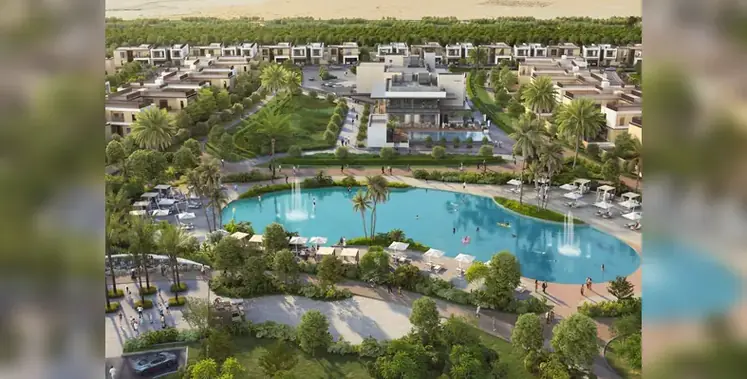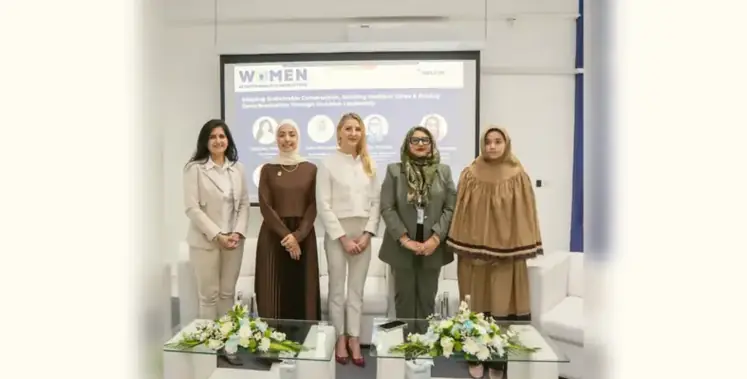As artificial intelligence reshapes global digital infrastructure, the Gulf is racing to build the high-density data centres needed to support it. But according to Greg Parker, senior managing director at FTI Consulting, the next generation of facilities is placing unprecedented pressure on construction sequencing, commissioning and programme certainty across the GCC.
“High-density data centre designs are fundamentally technology-led,” Parker explains. “The building envelope and MEP architecture are directly influenced by the type of power infrastructure, AI clusters, rack configurations, power density and redundancy targets being deployed.”
In the GCC, where extreme heat and wind-blown sand are persistent operational risks, that relationship is even more acute. Liquid cooling is rapidly emerging as the only scalable solution for high-density AI environments. However, the higher specification and extended lead times of associated MEP systems are reshaping delivery models.
Sequencing under desert conditions
Parker notes that much of the industry discussion centres on modularisation and manufacturing-style delivery. Yet he cautions that modular approaches alone do not guarantee cost or schedule benefits.
“Modularisation has existed in the construction industry for decades,” he says. “Without corresponding changes to capital delivery models, procurement strategies and flexibility to accommodate customer requirements, modularisation alone does not reliably deliver CAPEX efficiencies or materially accelerate Ready-for-Service dates.”
Where customer requirements and system architectures are tightly aligned, targeted modularisation can improve schedules. But benefits seen in cooler climates do not always translate easily to the Gulf. Environmental ingress, particularly sand, presents a serious threat to high-density cooling systems.
In AI facilities, Parker explains, tolerances are tight and thermal margins are minimal. “AI chips operate close to their thermal limits, and HVAC derating in extreme heat conditions becomes severe.” As a result, envelope performance and airtightness are critical-path issues. Wind-blown sand can clog high-density heat exchangers “in a matter of hours rather than months”, driving renewed focus on airlock access strategies and positive pressurisation.
Structural design is also shifting. High-density AI racks significantly increase pounds-per-square-foot loads, often necessitating deeper piling or slab-on-grade solutions. Meanwhile, higher-pressure refrigerant systems introduce heavier components and more complex welding requirements, increasing the risk of hard-to-detect leaks and complicating long-term reliability.
Summer construction further compounds these pressures. Regulatory work-hour restrictions and extreme temperatures reduce productivity and increase defect risk, particularly during commissioning and integrated testing, which remain site-based despite prefabrication gains.
Technical and labour constraints
AI workloads are driving what Parker describes as a “step-change” in rack density, power demand and cooling complexity. Electrical infrastructure must often be upgraded, with earlier engagement required to secure utility capacity. Structurally, thicker slabs, higher reinforcement ratios and deeper foundations add cost premiums compared to conventional facilities.
Cooling systems present equal challenges. Liquid-cooled environments demand pharmaceutical-grade cleanliness and ultra-tight installation tolerances. Yet there is a global shortage of highly specialised mechanical and electrical trades capable of delivering 80–100kW per rack environments.
“These challenges cannot be solved by increasing manpower alone,” Parker emphasises. “Progress is constrained by the availability of highly skilled teams.”
Lead times for critical equipment are extended and largely inflexible, making early procurement decisions central to programme certainty. Commissioning in desert climates is particularly complex. Liquid cooling systems require stringent flushing regimes and disciplined water-quality management, especially given regional variability.
Commissioning-led delivery
To mitigate risk, developers are shifting towards commissioning-led planning models. Selective modularisation, including E-houses and skid-mounted systems, is being combined with enhanced logistics management and, in some cases, parallel on-site pre-assembly yards.
Digital tools are also evolving. The use of digital twins now extends beyond design coordination into virtual commissioning and logistics simulation. This allows teams to validate buildability and test control logic before installation, reducing late-stage rework.
Hybrid remote commissioning models are emerging in response to specialist shortages. Using live telemetry and virtual control centres, experienced engineers can support multiple projects simultaneously, reducing mobilisation requirements and improving first-pass issue resolution.
Supply-chain engagement is moving upstream. Developers are aligning with MEP suppliers during early design phases to secure manufacturing slots and place long-lead orders ahead of EPC appointments. Defensive procurement strategies, including in-region warehousing of critical components, are increasingly common.
Energy strategy is equally central. On-site generation and Battery Energy Storage Systems (BESS) are no longer contingencies but core elements of programme certainty, particularly where grid upgrades lag behind development timelines.
Scaling at pace
Looking ahead, Parker sees a widening gap between announced capacity and actual construction output across the GCC. Since 2023, marketed capacity has grown sharply, while delivery rates in some markets have effectively flatlined.
To bridge this gap, he advocates greater standardisation through an “80:20 kit-of-parts approach” that enables rapid scaling while retaining flexibility. At the same time, developers are strengthening in-house capital delivery teams to maintain direct control over outcomes.
“The challenge for developers is not simply building ‘bigger’ or ‘denser’ facilities,” Parker concludes. “It is delivering highly engineered assets where power, structure, cooling, logistics and specialist labour must align precisely.”
As AI-driven demand accelerates, success in the GCC will depend on early design freeze, defensive procurement, digital validation and energy-aware design strategies. In a market defined by extreme climate and compressed schedules, certainty, resilience and scalability are fast becoming the defining competitive advantages.






